Western Australia occupies one-third of the Australian continent. Across this immense expanse, from coastal communities to tiny desert towns, Peer Based Harm Reduction WA (PBHR) is a peer-based not-for-profit that provides more than one-third of the state’s sterile injecting equipment. Since its establishment in the late 1990s, PBHR has constantly adapted its model of delivering health and harm reduction services to make them more accessible for people who use drugs.
PBHR is the state’s primary harm reduction service, operating needle and syringe exchanges (NSEPs), take-home-naloxone and peer education programs, health clinics, and outreach NSEP delivery throughout more than 30,000 km2 of the greater Perth Metropolitan Area and the South West Region of WA.
Peer-led services like PBHR enjoy a unique level of trust with their consumers. Outreach throughout Perth’s suburban sprawl and small communities in the South West Region increases accessibility for geographically dispersed populations of people who are typically not engaged with mainstream health providers. PBHR’s Health Team capitalises on these opportunities by using peer outreach workers and Mobile Health Clinic vans, taking health services to where the people are.
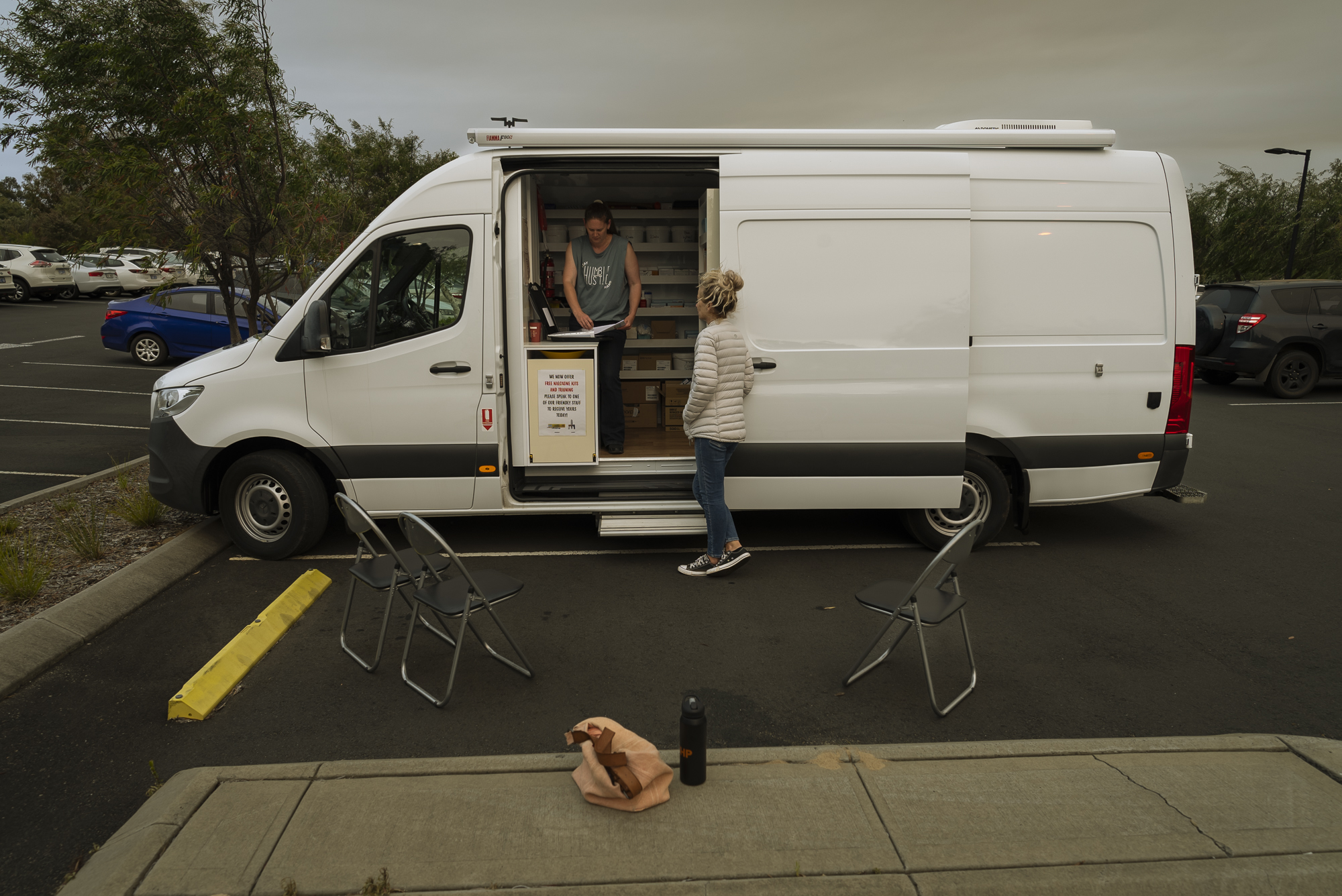
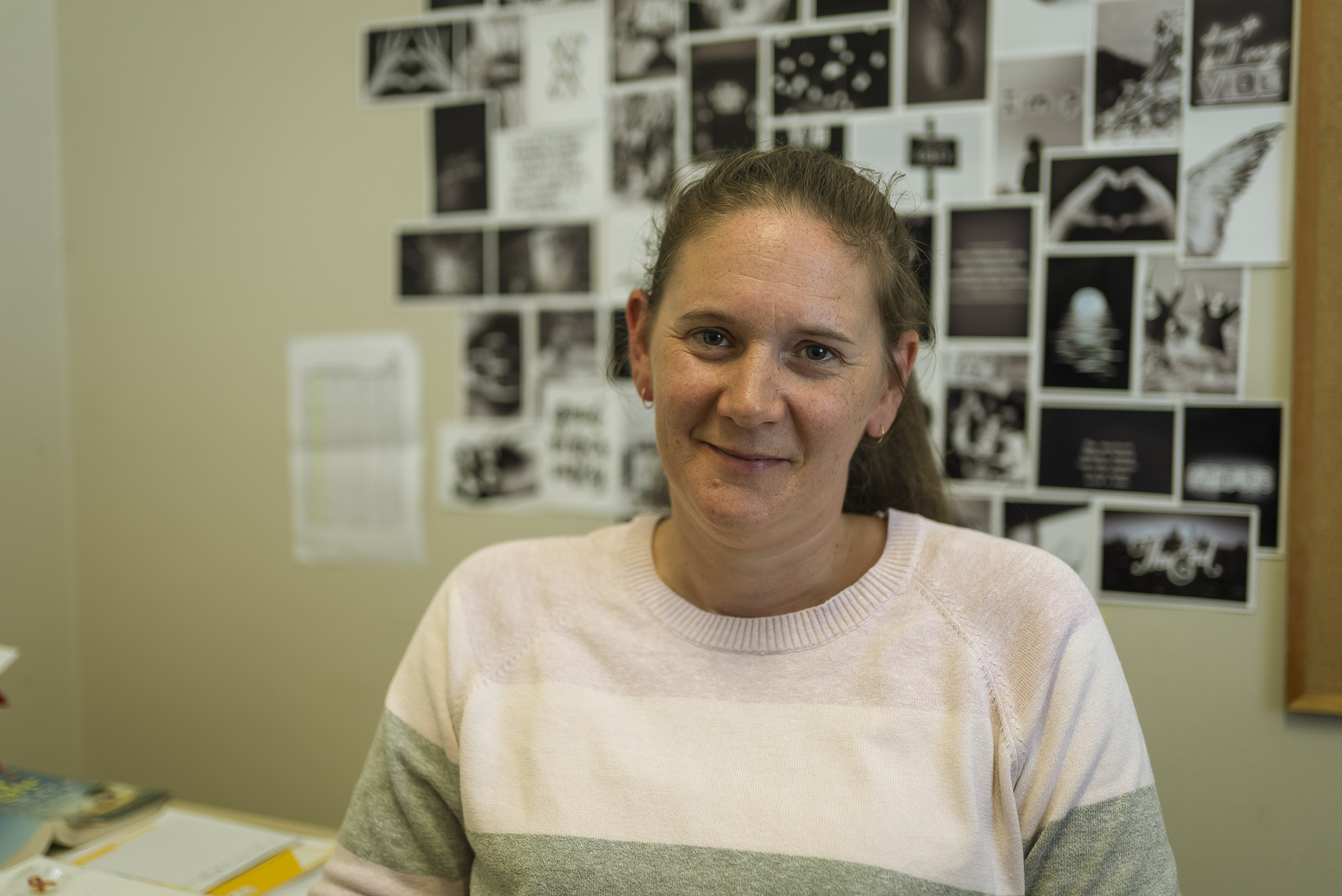
From exchange supplies to hepatitis C treatment
In 2015 new Direct Acting Antivirals were first approved for the Australian market. The game-changing effectiveness of these medicines inspired Nurse Practitioner Leanne Myers to gain accreditation to prescribe them to people living with HCV. To support her, the organisation began employing peer HCV case management workers like Paul J.
Paul’s role is to conduct testing in the community and to support people throughout their treatment journey. Peer workers like Paul are trained to perform phlebotomy, deliver pre-and post-test counselling, and (since 2020) to operate GeneXpert Rapid PCR instruments, which can detect HCV infection within an hour from a finger-prick of blood.
Paul also delivers medications, transports patients to and from appointments, and provides phone support. Devolving care pathways, using peer workers, and using rapid testing technology have made accessing testing and treatment significantly easier, and this model supports people to stay in treatment until they clear the virus.
I think the most important component of our model of care is the peer worker.There’s a lot of work behind the scenes that Paul does.
Leanne Myers, nurse practitioner
Mobile clinic helps increase reach
Jodie Savage is PBHR’s South West Team Leader. Jodie works in the Bunbury office and conducts outreach services throughout the region. Peer workers and mobile van-based services have been crucial to developing deep ties into small communities where discrimination towards drug users is high, confidentiality concerns are magnified, and access to services is limited by the distances between towns.
Monty first heard about PBHR through a friend who vouched for the service. Monty began regularly dropping into the Bunbury NSEP. During these visits Monty got to know Jodie, and eventually shared that he’d been living with HCV for many years. Jodie’s team performed tests to confirm Monty’s status and helped him begin treatment. It was PBHR’s individualised support that enabled him to complete treatment and clear the virus.
If I couldn’t make it to Peer Based Harm Reduction, they would bring them (the medications) to us every Monday morning in different containers, like marked days. They’re an unbelievable organisation.
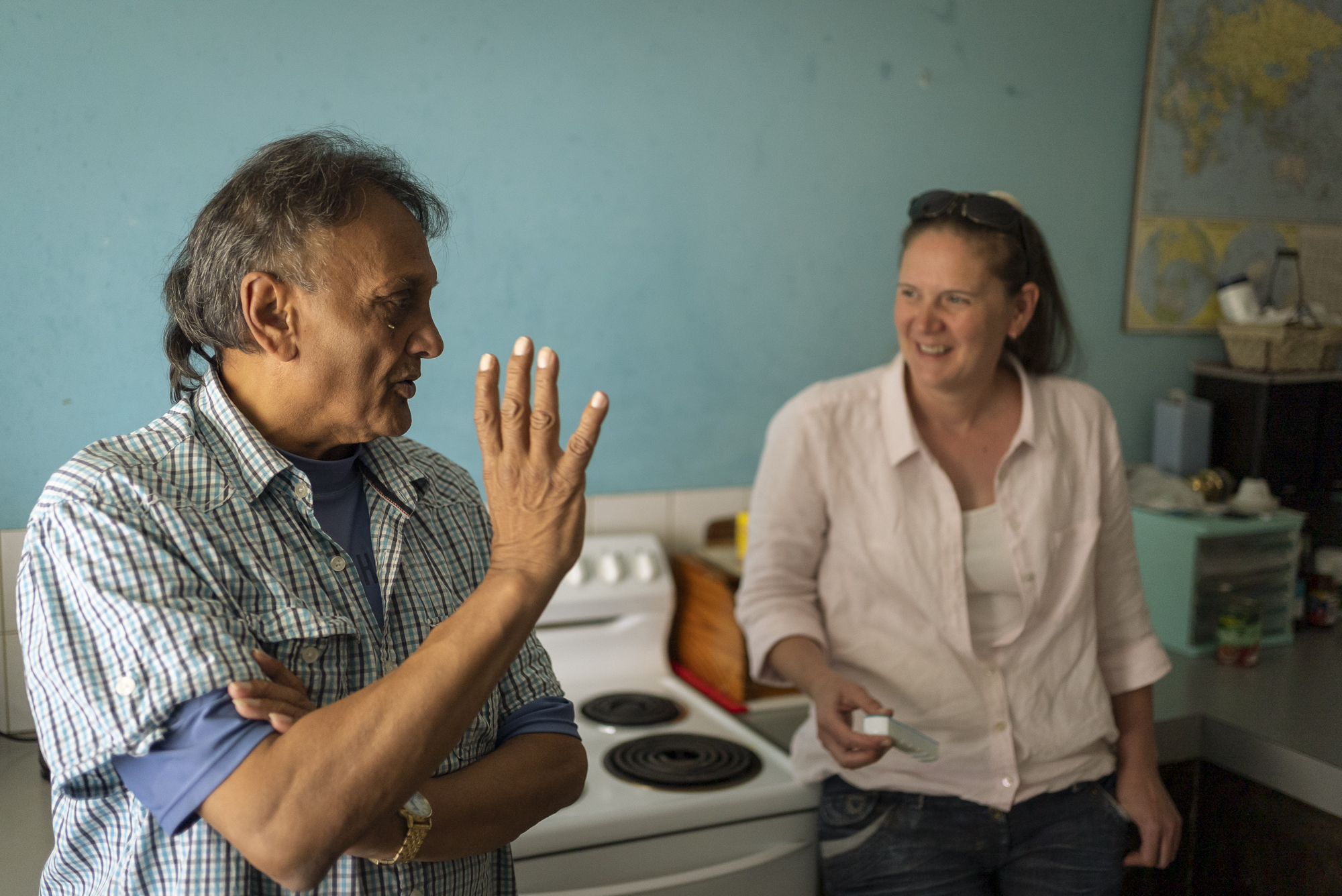
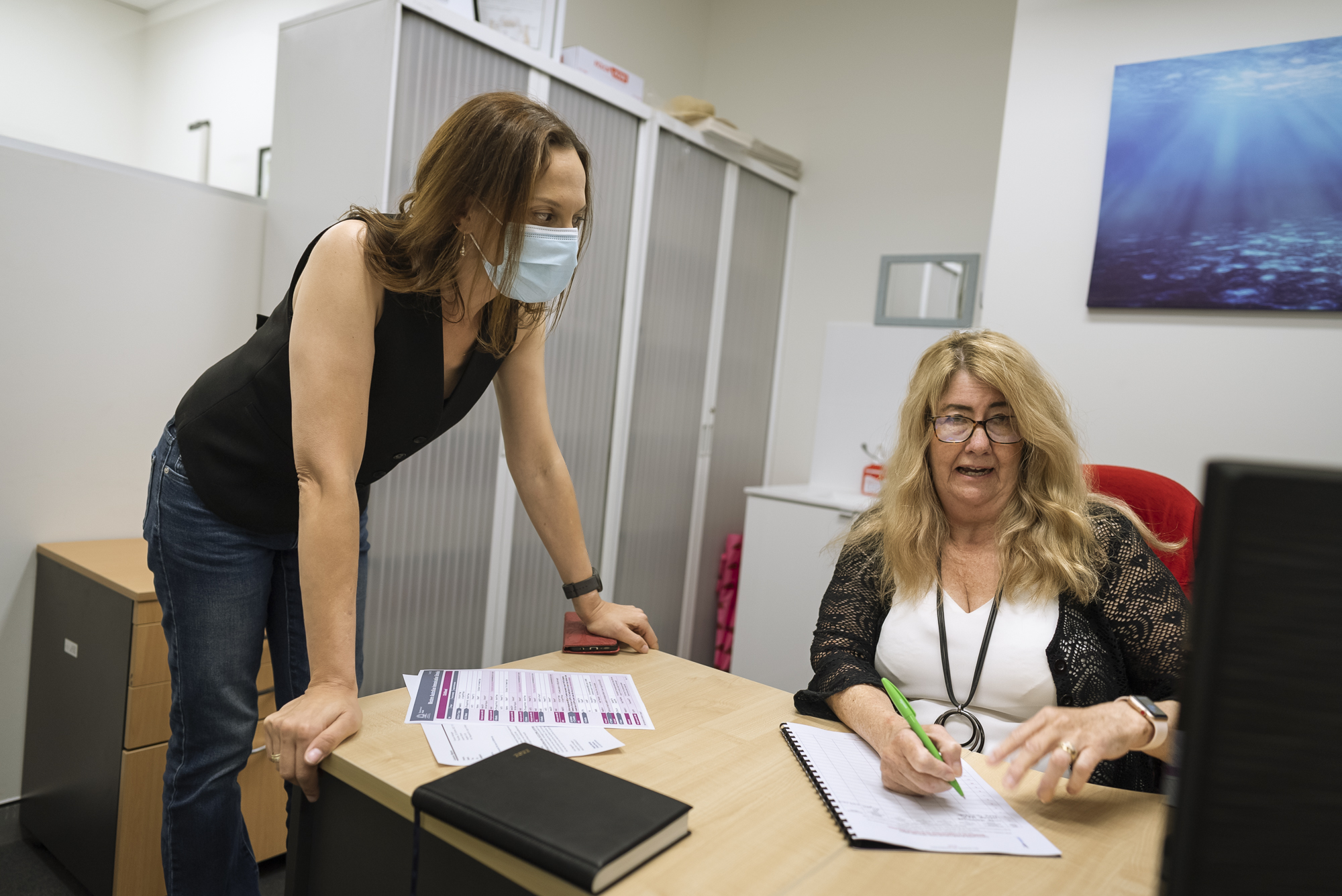
Getting the van prepared for anything
Early on any outreach morning, Jodie stocks the mobile clinic van and sets up the GeneXpert machine. The South West Team’s van-based outreach includes home visits and weekly NSEP sites in different towns.
The van is set up with a needle exchange at the front, then we have a disposal bin that anybody can put used needles in. The NSEP carries a full range of everything we have available. We carry as much equipment as possible to fulfil the needs of whoever may access us. As you go through the van, you have the exchange at the front, and then a fully fitted-out nursing station in the back.
Working together as a team
Jodie’s able to do testing on the van when she goes out and does outreach deliveries. Jodie does the blood, then talks to me or Julie (the registered nurse on PBHR South West Team). I’m involved when that patient is nearly ready for treatment, and I go down and do an assessment. So a lot of that footwork and background work has been done already.
Leanne Myers, nurse practitioner
Making a difference to the lives of locals
Many people who access treatment for HCV through PBHR initially access the NSEP for months or years before they are ready to engage about broader health needs.
Sandy says accessing health services was difficult due to life as a mother with a big family, but also due to discrimination she encountered regarding drug use. More than four years ago, Sandy was introduced to Leanne and Paul through a friend that vouched for the pair, encouraging Sandy to access HCV treatment with PBHR. Due to difficult life circumstances, Sandy didn’t start treatment at the time, however in 2022 Paul and Leanne managed to re-connect with her.
Paul came out to see us where we were living, and we started from there, and they’ve been fantastic. I got a month (of medication) at a time, and Paul used to come around and drop them off, which saved us going out. I’d make sure they were right next to my cup of tea. Paul’s picked me up and taken me for blood tests because I have problems with them. They’re always there for you if you need them, just a phone call away. It’s been fantastic and they give you all the information you need and always do their best to help you out.
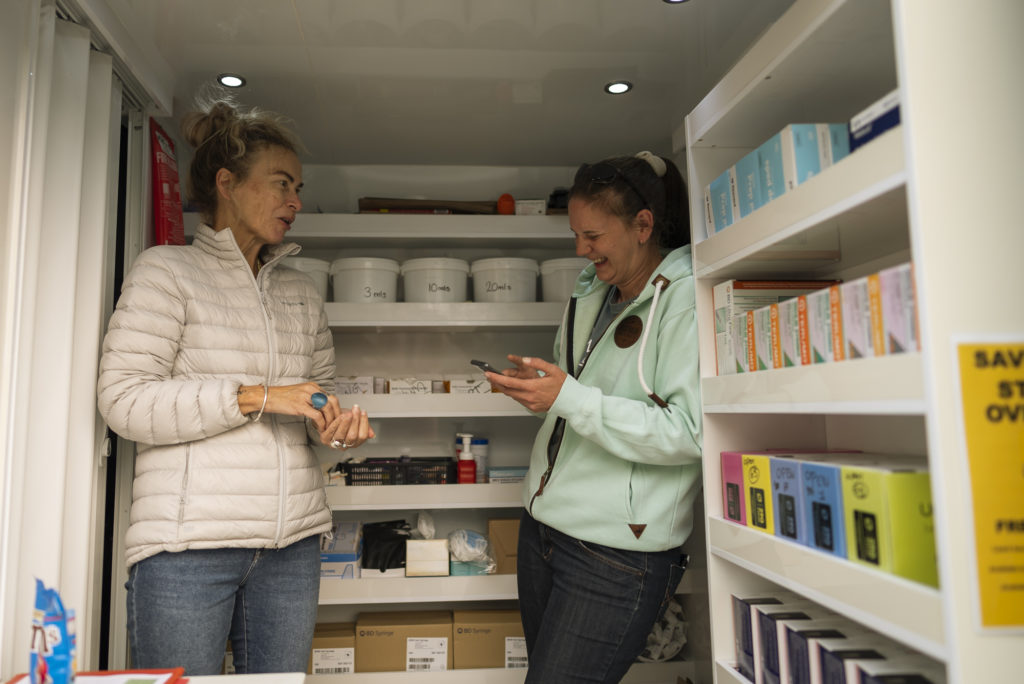
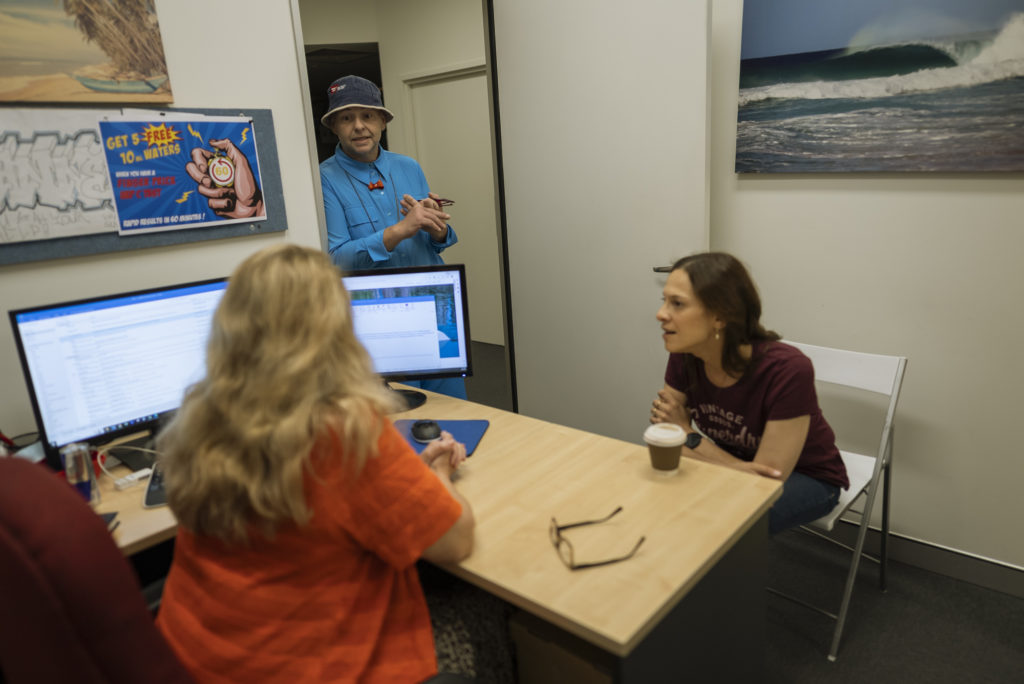
Like countless others who have been treated with support from PBHR, Sandy was elated when Leanne and Paul shared the news she was HCV-free.
I wouldn’t change my job for the world. Hepatitis C is now so easily treated, and it is a great way for people to engage with their health. Perhaps for some, it’s a first point for people to make a change in their lives.
